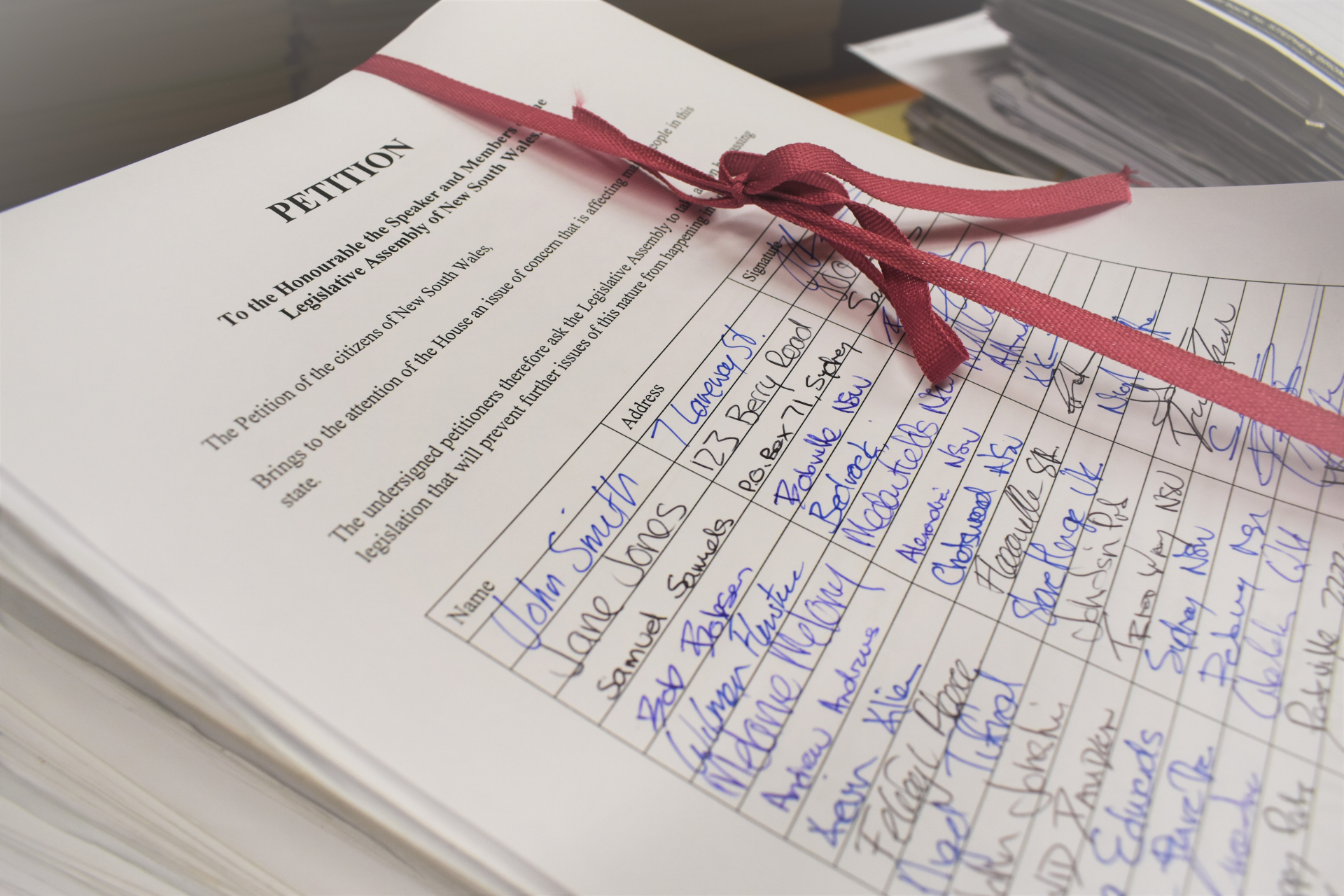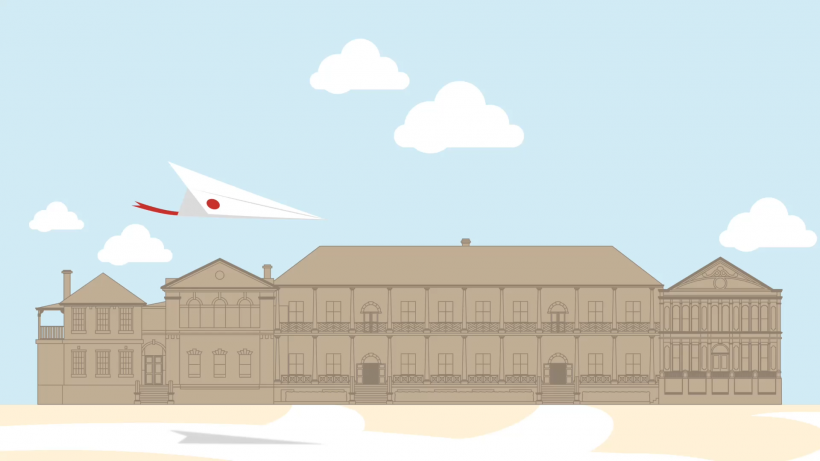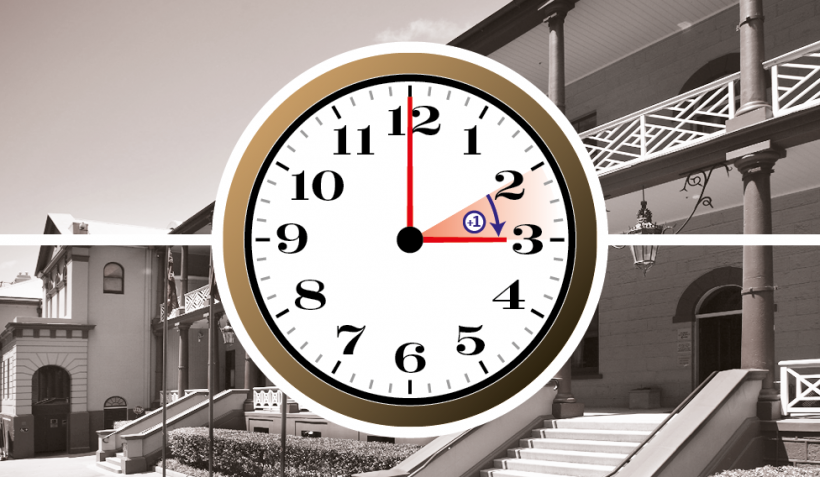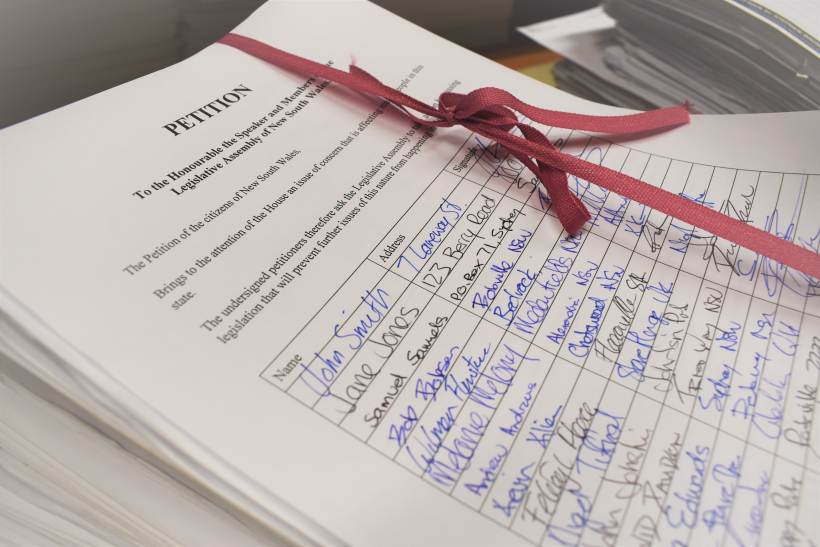Learning Outcomes
- Describe the representative role of state members of parliament
- Describe the legislative role of state members of parliament
- Outline how members of parliament can be an example of a non-legal method of resolving disputes with the state
Syllabus Links
Legal Studies Stage 6 Preliminary Course
Part II: The individual and the law
- Resolving Disputes
- resolving disputes with the state
- non-legal methods – members of parliament
Role of Members in the NSW Parliament
Members of Parliament have two main roles: representatives and legislators. They work both in parliament and in their electorates.
An MP is:
- A Member of the Legislative Assembly (Lower House).
- Each represents one of New South Wales’ 93 electoral districts (electorates) in Parliament.
- MPs represent all the people in their local area, whether they vote for them or not.
An MLC is:
- A Member of the Legislative Council (Upper House).
- Represents the whole State, but major parties usually allocate regional responsibilities to individual MLCs.
For more information about electorates:
In NSW you can find out what state electorate you live in at NSW Electoral Commission.
To contact a member of Parliament:
For a list of Legislative Assembly and Legislative Council Members visit NSW Parliament.
What Do Members Do In Parliament?
● form part of Government, Opposition or the Cross Bench (Independents and Minor Parties)
● attend sittings of Parliament
● consider proposed legislation (they may also propose Private Members’ Bills)
● participate in debating and voting on bills
● participate in Parliamentary committees
● meet with Ministers, community groups or the media
● raise issues in Parliament on behalf of constituents
● may have additional responsibilities such as a Minister or holder of parliamentary or party office (for example Speaker, Whip)
● participate in party meetings, party organisation and decision-making
What do Members do in their electorates?
● receive requests for assistance and information from people in their electorate (for example, housing, transport, environment, state taxes, etc). They try to solve these problems or refer them to Ministers or other authorities
● meet with local organisations, businesses, and government departments to find out their needs and attend local events
● make representations (speak or write) to Ministers on behalf of local organisations, businesses and individuals
● monitor, and lobby for, provision of local services and facilities from government funds
● attend party branch/local supporters meetings
Members of Parliament and Community Issues
Members of Parliament are a point of contact with the government for people to convey or express views about government issues that affect their community. Members can contact Ministers or government departments and agencies. They can meet with constituents, to gather information so they can raise issues in Parliament for them.
Petitions

Members can also give advice on how to apply for Government grants or assistance and how to create and submit petitions to Parliament.
Presenting petitions to Parliament through a Member has been a traditional way of bringing an issue to the attention of parliament, and mobilising some public opinion in the process. Petitions have a set format which should be followed. Information about petitions and the NSW Parliament can be found on the Parliament’s website.
Recently the Legislative Assembly has introduced ePetitions which allow petitions to be signed and submitted online!
What about members of Federal Parliament?
State members of Parliament have similar roles to Federal members of Parliament.
This Information Sheet published by the Australian Parliament outlines the The work of a Federal Member of Parliament
Members of Parliament as Non-Legal Methods of Resolving Disputes
In many cases, the most appropriate way of resolving an issue is to directly contact the government department or agency involved (or the minister responsible for it) by mail, phone or email. All agencies have personnel and procedures to assist or deal with issues, and all agencies have websites with contact information.
However if this has already occurred and the dispute has not been resolved, a local member of parliament might be able to assist by representing constituents or referring them to someone who can assist. For example they can write to a Minister or contact a Government department on behalf of a constituent. In some cases, they can raise concerns in the parliament. However members of parliament can’t offer legal advice, intervene in private disputes (e.g. with family, neighbours, employers) or interfere with decisions made by courts.
Which Member and Which Disputes
NSW Parliament members can help with matters for which the state government is directly responsible. For example issues to do with:
- Schools
- Hospitals
- Fair Trade
- Water
- Electricity
- Trains
- Buses
- Sporting organisations
- Arts organisations
- Driving, traffic and roads
Matters that fall under areas of Federal legislative power should be raised with the appropriate Federal Member of Parliament. Problems with local council services, such as waste collection or road maintenance should first be raised with local Councillors however, your Members can write to the Council and ask them to look into a problem or reconsider a particular issue if their constituent has not had a satisfactory response from the Council.





